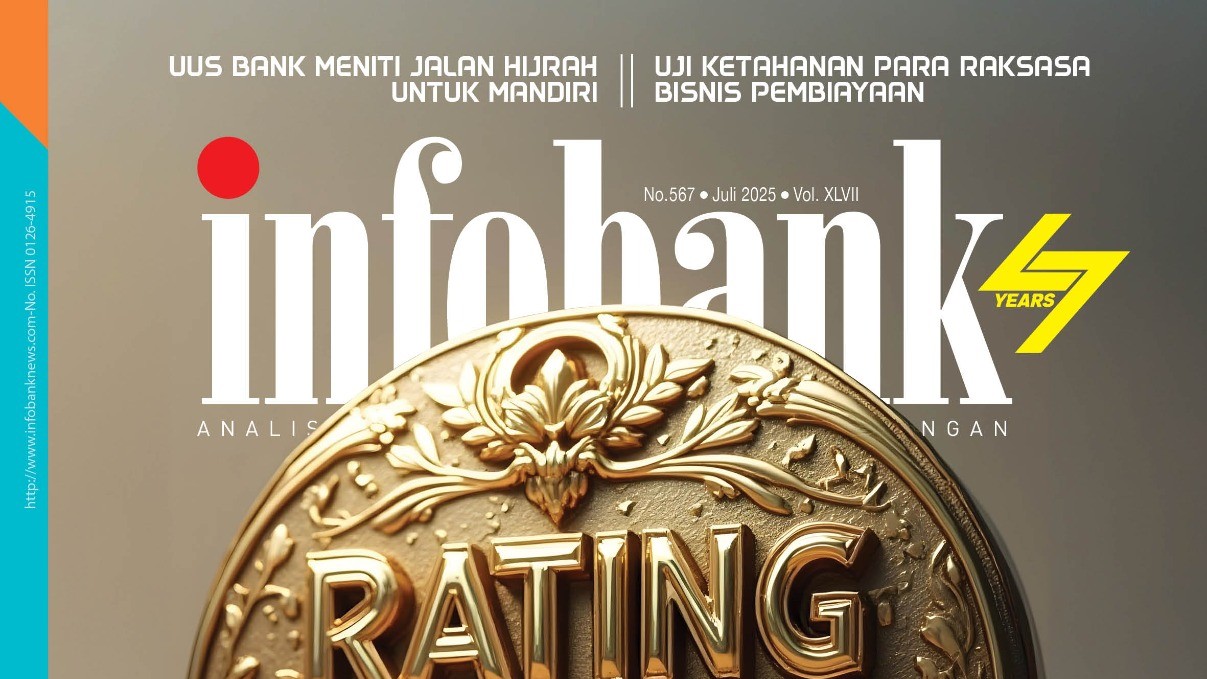Jakarta – Indonesia’s financial regulator, the Financial Services Authority (OJK), has placed six insurance and reinsurance firms under special surveillance due to financial vulnerabilities, signaling an ongoing clean-up in the insurance sector. Among those under close monitoring is Nasional Reasuransi Indonesia (NasRe), the state-owned reinsurer controlled by Askrindo under the Indonesia Financial Group (IFG).
During the June 2025 Board of Commissioners’ press briefing, OJK’s Chief Executive of Insurance, Guarantee, and Pension Fund Supervision, Ogi Prastomiyono, stated that the regulator is applying enhanced supervision measures and expects comprehensive recovery actions from the institutions involved.
Although the OJK did not disclose the names of the six entities under special surveillance, Infobank Research Bureau’s 2025 rating report identified NasRe as among those facing critical financial conditions. The firm reported a negative solvency position of Rp2.84 trillion and a loss of Rp1.4 trillion last year.
Toto Pranoto, President Commissioner of NasRe, confirmed that the company is undergoing restructuring based on a recovery plan mandated by OJK. “We are considering several options, including capital injection, and are in discussions with our shareholder IFG to align on the next steps,” he said in an interview with Infobank Magazine (July 2025 issue).
Fankar Umran, President Director of Askrindo—the 99.99% shareholder of NasRe—stated that OJK has formally requested shareholder support through capital injection. However, he stressed that a Rp2 trillion injection would only bring equity to zero, not to a position of financial strength.
“It’s not enough to merely stay alive—we need resilience. With zero capital, we’d still be too fragile to compete. Any significant business recovery requires real capital strength,” Fankar said in a July 2 interview with Infobanknews.com.
Fankar also noted the limitations of Askrindo’s authority, stating that, as a state-owned enterprise, Askrindo cannot independently inject funds without approval from higher financial authorities, given that its capital is public money.
“The business potential in reinsurance is actually strong,” Fankar added. “NasRe’s losses stem from conservative adjustments in reserves—corrections to prior practices where liabilities were underreported. We’ve cleaned that up. In fact, Q1 2025 recorded a net profit of Rp200 billion, driven largely by intra-group business.”
Still, the company’s core challenge remains: a lack of capital to support its solvency and underwriting capabilities. “To secure new business, we need to be healthy. Clients won’t trust a reinsurer with weak fundamentals. And to be healthy, we need fresh capital,” he concluded.
The future of NasRe will depend on swift shareholder alignment, OJK approval, and a comprehensive restructuring effort that restores confidence in the firm’s long-term viability and role in Indonesia’s insurance ecosystem.






